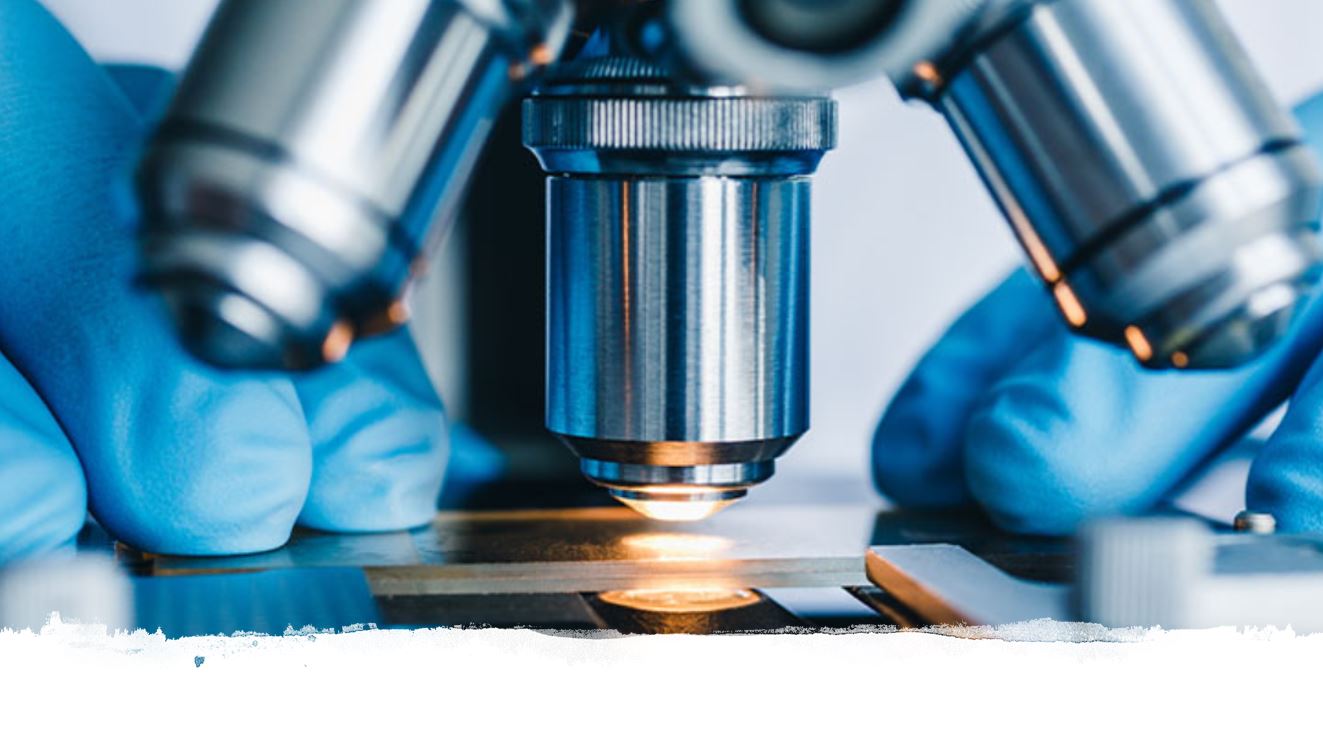News & Trends - Biotechnology
AusBiotech strongly opposes RDTI Bill at Senate Inquiry

Biotech News: AusBiotech lodged two submissions strongly opposing the Research and Development Tax Incentive Bill that is in front of a Senate Inquiry, after repeatedly urging that the reform legislation be delayed until the details, mechanics and impacts are better understood and can be mitigated.
In its submission on behalf of its 3,000 plus members, AusBiotech urges careful analysis before there is any further move to limit or reduce the RDTI programme, especially where it is making great gains, lest tinkering undermines the programme and undoes hard-won momentum in innovation in Australia. And in a Health Innovation Collective, representing the majority of health innovations, the Bill was opposed.
Ms Lorraine Chiroiu, CEO, AusBiotech says, “Now is the time for stability and looking to further enabling initiatives to ensure the ‘innovation freeway’ is fully open – it is not the time to limit the major and successful programme facilitating innovation.”
The Research and Development Tax Incentive (RDTI) is the most critical programme in supporting the Government’s stated policy objective – to improve Australia’s performance when it comes to the commercialisation of medical research, and the vast majority of SMEs and companies in life sciences will be disadvantaged in their claims if the proposed changes go ahead. This in turn will impact on the capacity of the sector to deliver new treatments and technologies and patients may miss out on early access, if their country does not play a role in developing life science innovations, or conduct clinical trials.
Customer engagement in COVID-19 times – Keep your people safe and maximise HCP reach and engagement digitally. Learn more about how we can help you – solutions developed by industry for industry.
AusBiotech strongly recommends:
- The refundable benefit for companies in tax loss be kept at the current rate 43.5 per cent. Companies in tax loss are currently facing a 2.5 per cent reduction in claims.
- The intensity measure be opposed in the form suggested because it disadvantages all but a few companies, but particularly those who are undertaking manufacturing in Australia, and ought not discourage CT activity. It does not achieve the intent of the initial Review’s recommendation, which was to reward companies that exceeded a minimum threshold for R&D.
- The mechanics of the CT exemption ought to be properly understood before the $4 million cap is implemented.
- Any change pursued has a mitigation strategy in place before proceeding, including a phased implementation.
The stability of the RDTI has been identified as the most important tool for increasing business expenditure on R&D (BERD) in life sciences. Given the decline in Australia, AusBiotech is concerned that these ill-informed changes to the RDTI are being pushed through the Parliament without due regard for the damage it will cause to our hard-won momentum in life sciences.
In its submission, AusBiotech cites a recent report R&D Tax Incentive: Additionality and spillovers for the life sciences industry that demonstrates the disproportionate effects that the proposed changes in the new RDTI Bill would have on the biotechnology sector. The report was commissioned in response to the 2018 Senate Inquiry’s recommendation to fully understand the impacts before proceeding with any proposed RDTI changes. It was launched in December after the 2019 Bill closely mirrored the 2018 Bill. AusBiotech commissioned the research to examine, analyse and understand the additional benefits that the RDTI brings to Australian life sciences. This research is fundamental to informing decision making.
AusBiotech also stood together with the broader industry representing innovative health, to make a collective submission under the Health Innovation Collective. Partners included Research Australia, Medicines Australia, MTAA, AAMRI, the BioMelbourne Network, and LSQ.
The joint submission opposed the Bill and called on the Senate Committee to recommend the Senate reject the Bill. It also highlighted how the Coronavirus has exposed Australia’s reliance on one major export partner, China, for three of our major exports: minerals, tourism and higher education. Such a concentrated reliance on one export partner and a few exports is unparalleled in the developed world, and it is a situation we need to change dramatically by creating a more innovative and diverse economy that exports a range of goods and services to the world.
Despite its disappointment and frustration that the RDTI is again under serious threat, and therefore so too is Australia’s competitive advantage in biotechnology and clinical trials, AusBiotech was pleased to have the opportunity to comment in. Over the past decade it has made submissions into every consultation, review and Inquiry that had been conducted, including leading active advocacy for the RDTI conception and development, especially the refundable component.
AusBiotech calls on the members of the Senate Economics Legislation Committee to recommend the Senate oppose the passage of the Treasury Laws Amendment (Research and Development Tax Incentive) Bill 2019.
A public hearing is due to be held in Sydney on 31 March 2020, possibly by teleconference; the programme has not yet been released. The Committee is due to release its report by 30 April.
Register FREE and join 20,000+ industry professionals who receive the latest industry news, innovations and insights from Health Industry Hub; the ONLY one-stop-hub connecting Australia’s Pharma, MedTech and Biotech industry professionals and its key stakeholders.
Digital & Innovation

Medical drone to reduce health equity gaps in rural and remote Australia
A specialised medical drone which increases accessibility to essential health services such as pathology, medicines, and telehealth services in rural […]
MoreNews & Trends - Pharmaceuticals

We’ve spent more on healthcare, but it’s been worth it
Healthcare expenditure is surging, with Australia now allocating approximately one-tenth of its budget to this sector. This financial uptick prompts […]
MoreNews & Trends - Pharmaceuticals

New partnership to raise the bar in precision oncology in Queensland
Pharma News: The Australian Translational Genomics Centre (ATGC) is teaming up with non-profit research organisation Omico and the PrOSPeCT program […]
MoreNews & Trends - Biotechnology

AusBiotech appoints new CEO: Former Sanofi corporate affairs and sustainability leader takes the helm
Biotech News: AusBiotech, the nation’s leading industry body for the biotech sector, has named former leader at Sanofi, Rebekah Cassidy, […]
More